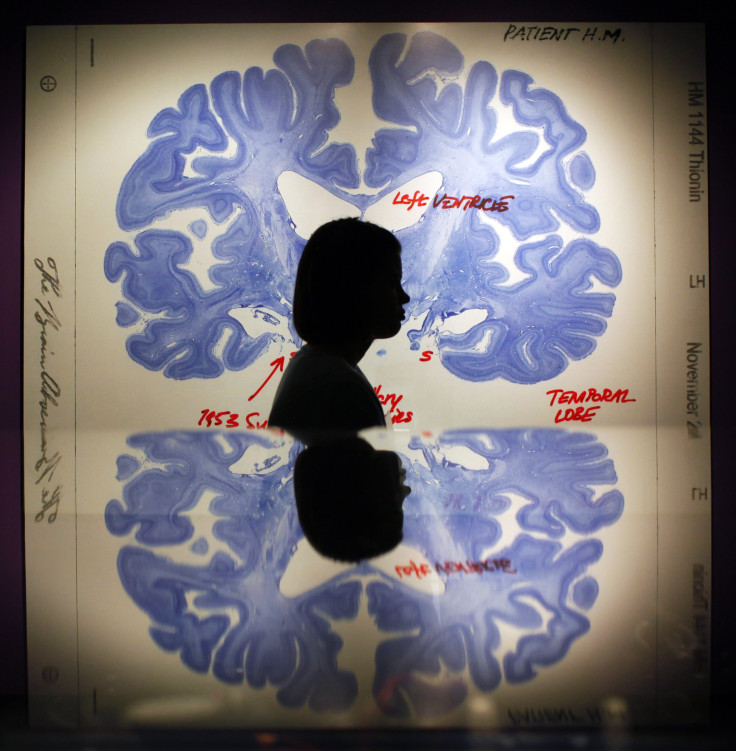Researchers Find Evidence of 'Chemo Brain'

People undergoing chemotherapy experience problems with concentrating or remembering things as the physiology of the brain changes, says a new study.
Researchers used positron emission tomography combined with computed tomography (PET/CT) to find if chemotherapy really affects the brain. They found measurable evidence of the long-held notion of a "chemo brain" in people who undergo chemotherapy.
"The chemo brain phenomenon is described as 'mental fog' and 'loss of coping skills' by patients who receive chemotherapy. Because this is such a common patient complaint, healthcare providers have generically referred to its occurrence as 'chemo brain' for more than two decades," said Rachel A. Lagos, D.O., from the West Virginia University School of Medicine and West Virginia University Hospitals.
Previous studies on chemo brains used MRI scans, that weren't able to detect any significant changes in the brain. Researchers in the current study looked at how energy was being used in the brain post-chemotherapy instead of just looking at the physical structure.
"The study shows that there are specific areas of the brain that use less energy following chemotherapy. These brain areas are the ones known to be responsible for planning and prioritizing," Dr. Lagos said in a statement.
The study involved 128 patients who had undergone chemotherapy for breast cancer. Researchers used certain software to analyze the pattern of energy consumption by the brain before chemotherapy.
Researchers found that patients who complained of memory and concentration problems had brain regions that were different in the way they were consuming energy after chemotherapy.
PET/CT scans can be used to diagnose patients who have developed chemo brain, researchers say. These patients can then be given proper healthcare and counseling that can help improve their quality of life after chemotherapy.
One common complaint of women who have undergone chemotherapy is that they can't plan and prepare meals for their families.
"When the researchers provided these patients with written and planned menus for each meal, the women were able to buy the groceries, prepare the meals and enjoy them with their families," Dr. Lagos said.
The study was presented today at the annual meeting of the Radiological Society of North America.
Researchers are hopeful that future studies on the subject can provide a better understanding of why the brain's energy consumption pattern changes after chemotherapy and this could lead to better therapeutics to control this condition.
"The next step is to establish a prospective study that begins assessing new patients at the time of cancer diagnosis. The prospective study has the potential to establish an understanding of the change in brain neurotransmitters during chemotherapy, which may lead to improved treatment or prevention," she said.
Published by Medicaldaily.com



























